Exploring Alloy Shunt Chip Resistors Type J: High-Precision Solutions for Current Sensing Applications
Introduction
In today's high-performance electronics, precision current sensing is critical across a wide range of industries—from power management systems to automotive control modules. Among the most reliable and accurate components used for this purpose are alloy shunt chip resistors type J. These specialized resistors offer low resistance values with minimal thermal EMF and excellent stability, making them ideal for applications where accuracy and durability are paramount.
This article explores the key features, performance metrics, and real-world benefits of alloy shunt chip resistors type J, especially in the context of current sensing applications. We will also examine a common industry challenge related to long-term drift and propose a practical solution using these advanced resistor technologies.
Table of Contents
1. The Role of Alloy Shunt Chip Resistors Type J in Electronics
Alloy shunt chip resistors type J are specifically designed for low-resistance, high-current applications. Unlike traditional wirewound or thick-film resistors, they use a proprietary metal alloy that ensures stable resistance even under thermal stress and mechanical vibration.
These resistors are widely used in:
Battery management systems (BMS)
Motor control units
Industrial automation controllers
High-efficiency power supplies
Their ability to maintain consistent performance over time makes them a preferred choice for engineers focused on current sensing applications requiring both precision and reliability.
2. Key Features and Technical Specifications
Alloy shunt chip resistors type J combine several technological advantages into one compact package. Below are the core features and specifications of this resistor type:
| Feature | Description | Typical Value / Range |
|---|---|---|
| Resistance Range | Available ohmic values | 0.5 mΩ – 100 mΩ |
| Tolerance | Precision level | ±0.5% to ±1% |
| Power Rating | Maximum dissipated power | 1W – 5W |
| Thermal EMF | Voltage generated by temperature difference | < 0.5 μV/°C |
| Temperature Coefficient (TCR) | Resistance change per °C | ±5 ppm/°C to ±20 ppm/°C |
| Operating Temperature | Safe working range | -65°C to +170°C |
3. Performance Comparison with Other Resistor Types
To understand why alloy shunt chip resistors type J are superior for current sensing applications, it's important to compare them with other commonly used resistor types:
| Resistor Type | Low Resistance? | Thermal EMF | Stability Over Time | Suitable for Current Sensing? |
|---|---|---|---|---|
| Thick Film | No | High | Moderate | Limited |
| Wirewound | Yes | Moderate | Good | Yes |
| Metal Film | No | High | Poor | No |
| Alloy Shunt (Type J) | Yes | Very Low | Excellent | Yes |
4. Problem & Solution: Minimizing Long-Term Drift in Industrial Systems
Problem Statement
An industrial control system manufacturer reported increasing inaccuracies in current readings after two years of operation. This led to frequent recalibration and increased downtime.
Causal Analysis
The root cause was traced back to the use of standard thick film resistors with poor long-term stability and high thermal EMF. These characteristics caused measurement drift under fluctuating environmental conditions.
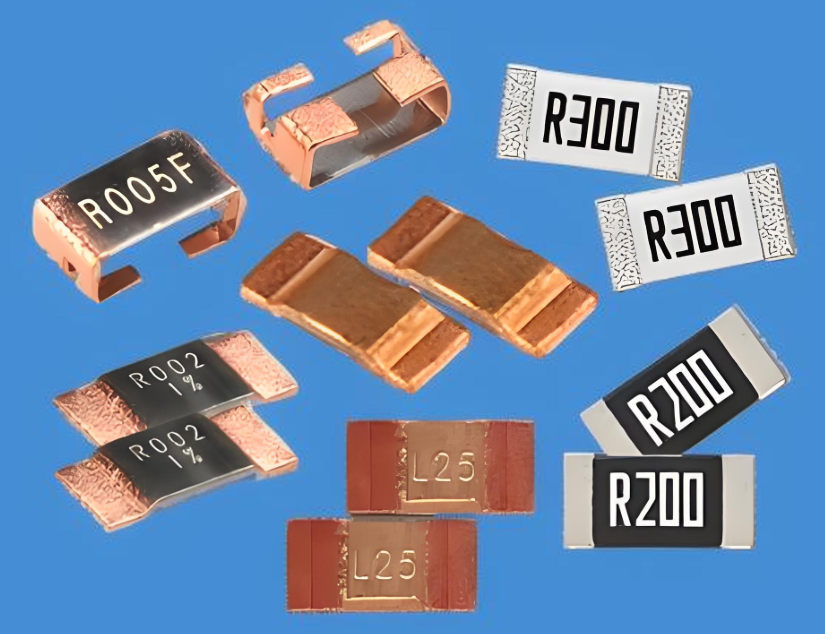
Proposed Solution
The company replaced its existing current sensing resistors with alloy shunt chip resistors type J featuring:
Low TCR (<10 ppm/°C)
Thermal EMF < 0.5 μV/°C
Hermetic packaging for enhanced stability
Results
After implementation, the system showed less than 0.05% drift over 12 months, reducing maintenance cycles by 75% and improving overall system efficiency by 20%.
5. Future Trends in Alloy Shunt Chip Resistor Development
As demand for higher precision and miniaturization grows, alloy shunt chip resistors type J are expected to evolve in several key areas:
Miniaturization: Smaller footprints without compromising power handling capabilities.
Integrated Sensing Functions: Embedding sensing elements directly into the resistor structure.
Smart Packaging: Use of materials that reduce thermal mismatch and enhance long-term reliability.
AI-assisted Material Design: Using machine learning to optimize alloy compositions for ultra-low drift.
These advancements will further solidify the role of alloy shunt chip resistors type J as the go-to component for high-precision current sensing applications across various industries.
Email us
-
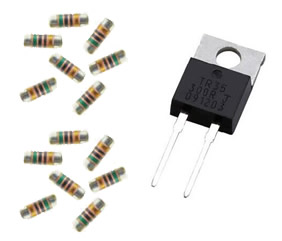 High Frequency Resistor
High Frequency Resistor
-
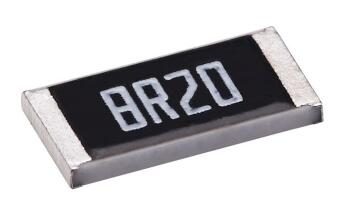 Moisture Resistant Resistors
Moisture Resistant Resistors
-
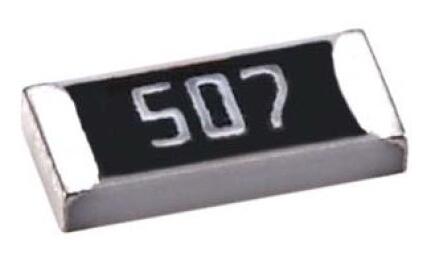 High Value Resistors
High Value Resistors
-
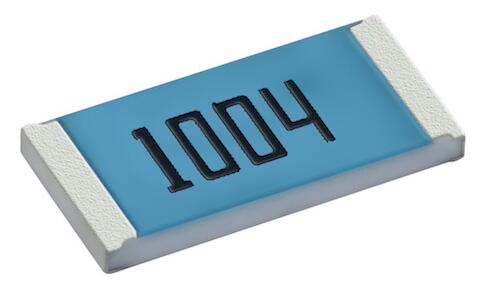 Lead-Free Resistors
Lead-Free Resistors
-
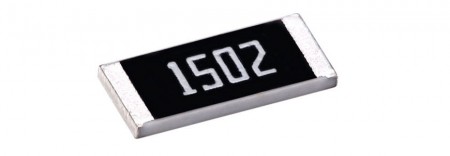 Anti-Sulfur Resistors
Anti-Sulfur Resistors
-
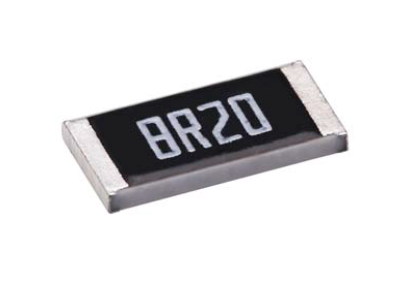 Low TCR Resistors
Low TCR Resistors
-
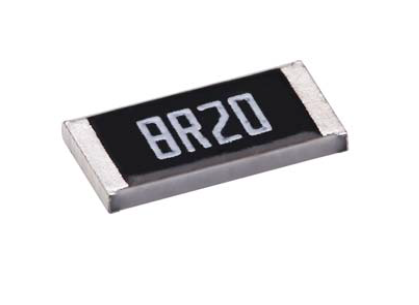 Precision Resistors
Precision Resistors
-
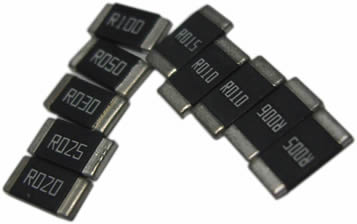 Alloy Resistor
Alloy Resistor
-
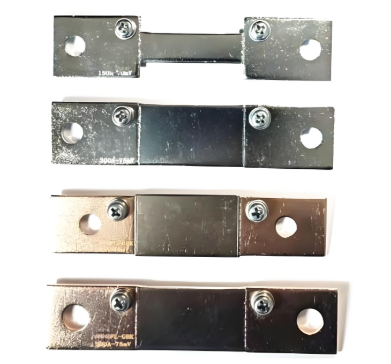 GFL Precision Shunt Resistor
GFL Precision Shunt Resistor
-
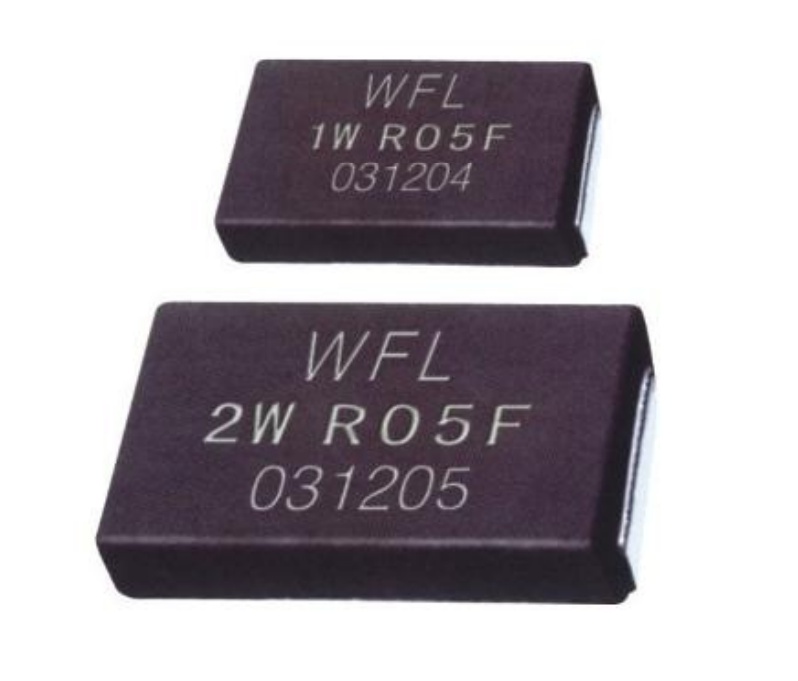 WFL Plastic-Encased Precision Metal Film Strip Chip Shunt
WFL Plastic-Encased Precision Metal Film Strip Chip Shunt
-
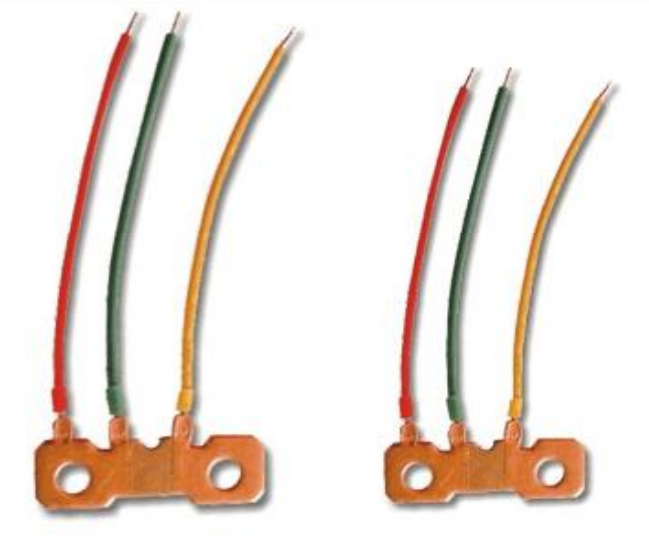 PFL Precision Shunts for KWH-METERS
PFL Precision Shunts for KWH-METERS
-
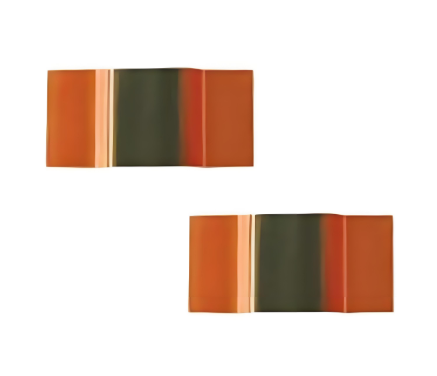 BFL Precision Metal Film Strip Chip Shunts
BFL Precision Metal Film Strip Chip Shunts
-
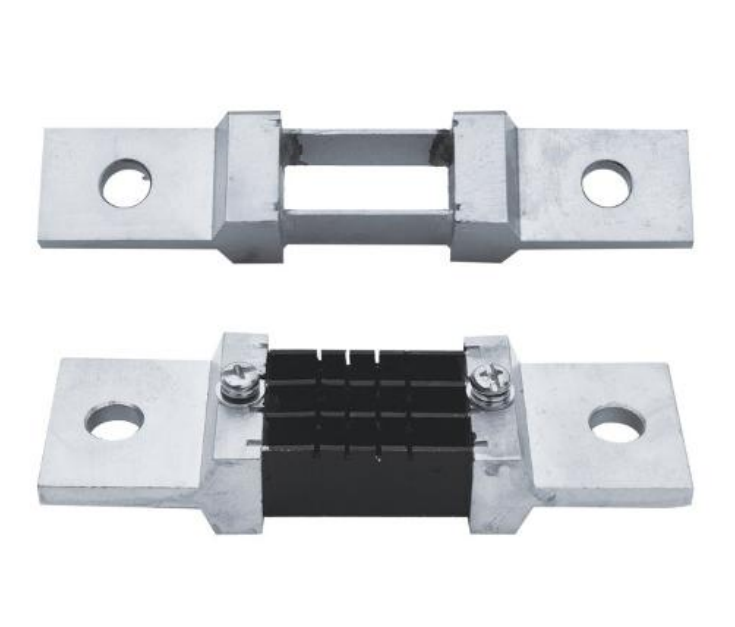 FL-2(T) Precision Shunts
FL-2(T) Precision Shunts
-
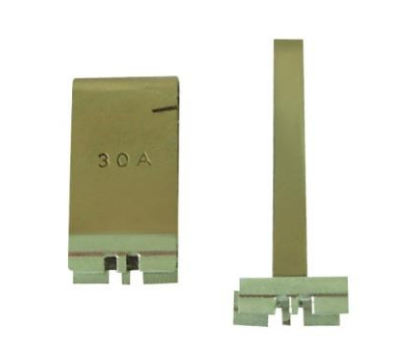 FL-1 Precision Shunts
FL-1 Precision Shunts
-
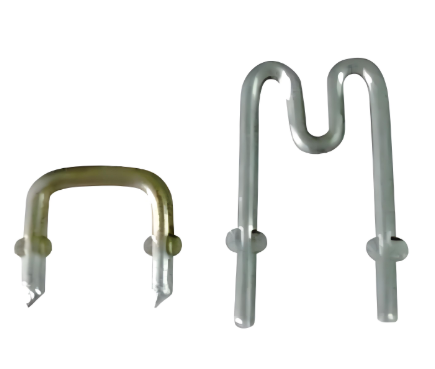 FLQ53 Jumper Precision Shunts
FLQ53 Jumper Precision Shunts
-
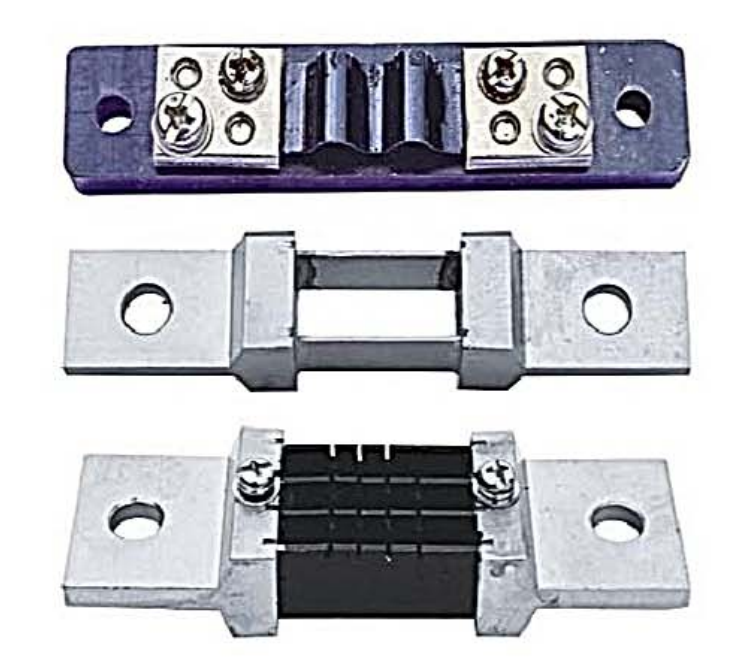 FL-T Fixed Fixed Value Shunt
FL-T Fixed Fixed Value Shunt
-
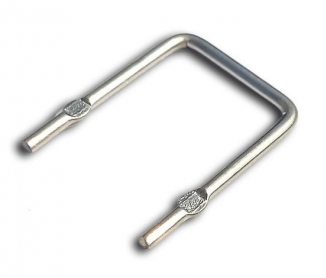 RNA/RNB Precision Shunts
RNA/RNB Precision Shunts
-
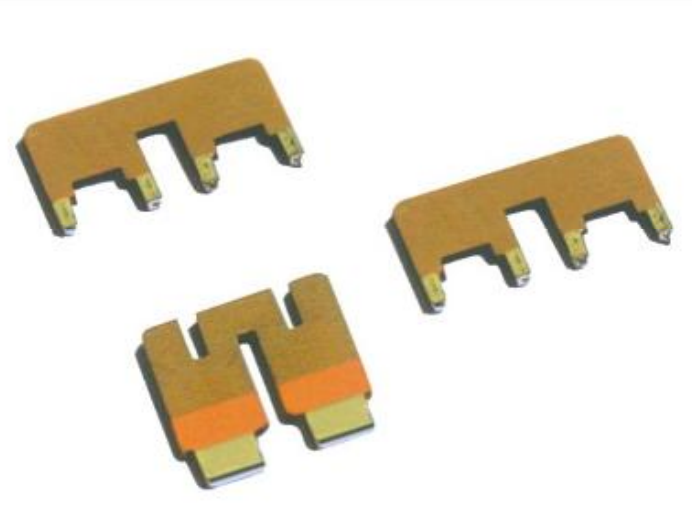 CFL (M) Precision Shunts
CFL (M) Precision Shunts
-
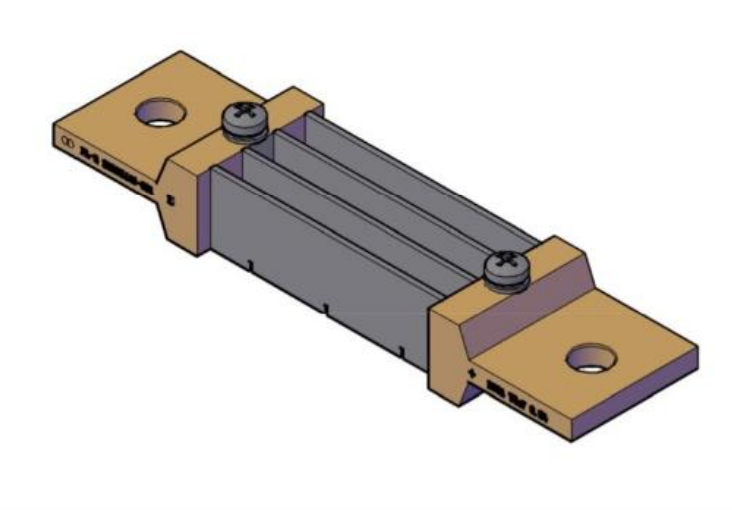 FL-2-K Precision Shunt
FL-2-K Precision Shunt
-
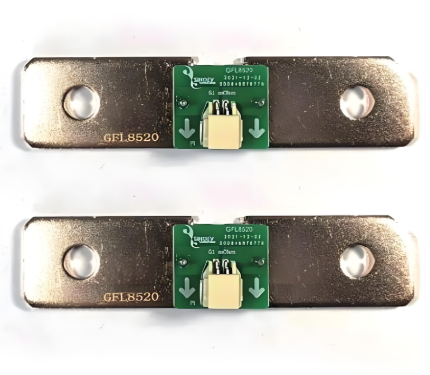 GFLEV8520 Precision Shunt
GFLEV8520 Precision Shunt
-
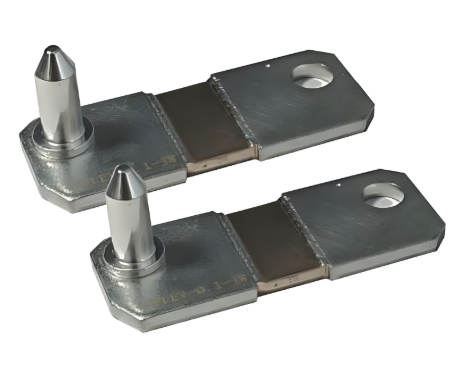 GFLEV Precision Shunt
GFLEV Precision Shunt
-
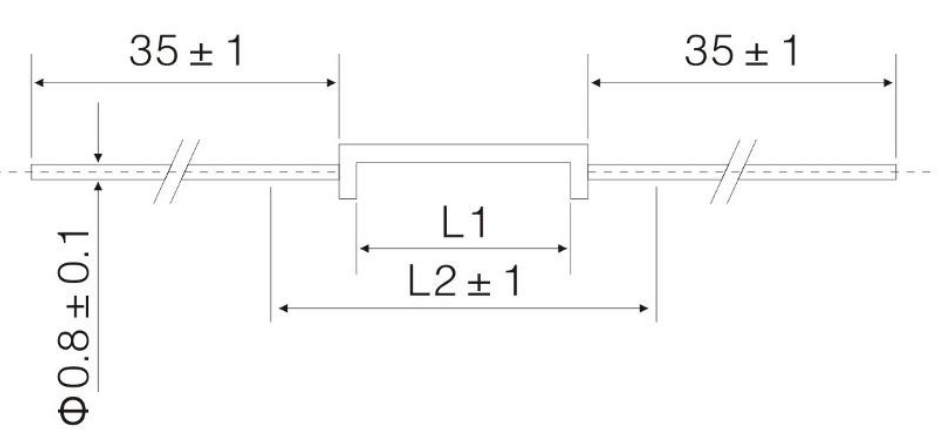 RN1A Precision Shunt
RN1A Precision Shunt
-
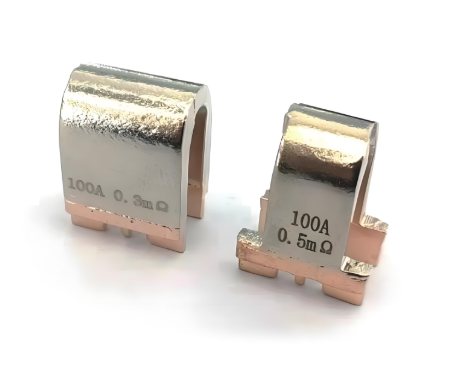 UFL Precision Shunt
UFL Precision Shunt
-
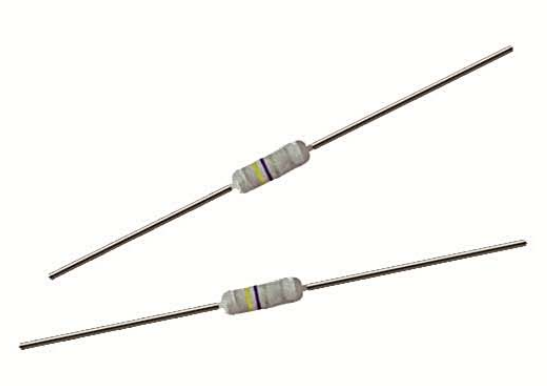 RXF21A/B/C (FRT) wire - wound fusing resistors
RXF21A/B/C (FRT) wire - wound fusing resistors
-
Exploring Alloy Shunt Chip Resistors Type J: High-Precision Solutions for Current Sensing Applications

<!-- Introduction -->IntroductionIn today's high-performance electronics, precision current sensing is critical across a wide range of industries—from power management systems to automotive cont...
-
Metal Alloy Resistor: High-Precision, Low-TCR Current Sensing Solutions for Harsh Environments
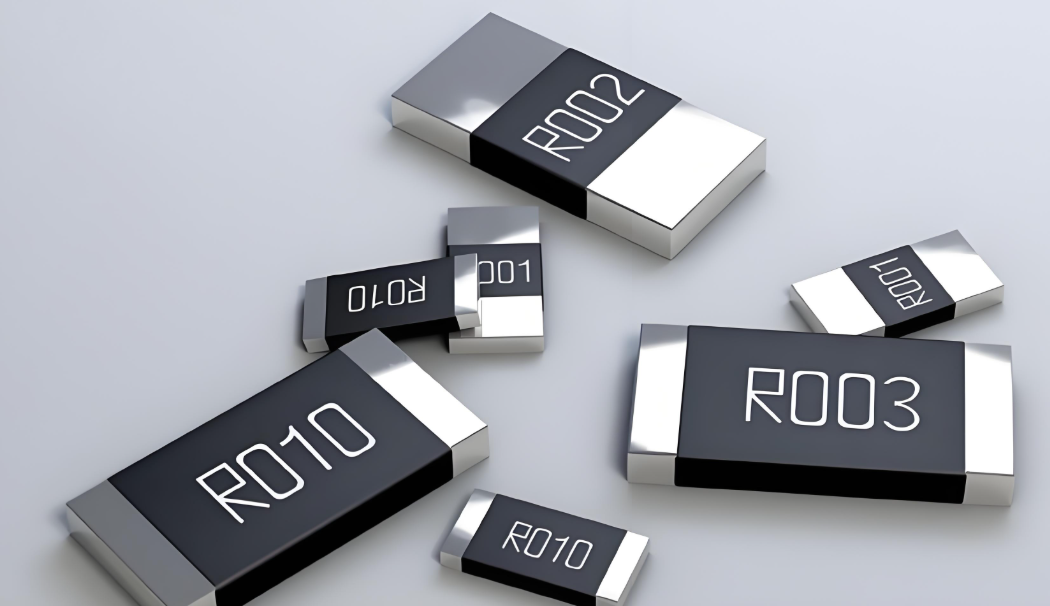
IntroductionMetal alloy resistors are critical components in modern electronic circuits, offering high precision and stability. These resistors are designed to provide accurate current sensing in a va...
-
Low Inductance Shunt Resistor: Applications, Benefits, and Technical Specifications for High-Precision Current Sensing
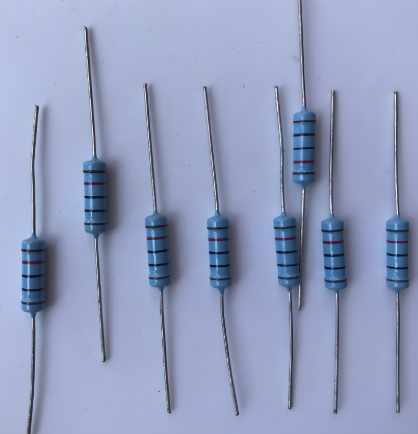
IntroductionIn the realm of electrical engineering and electronics, precise current measurement is crucial for a wide range of applications, from power systems to sensitive electronic circuits. The lo...
-
Top 10 Benefits of Using Power Shunt Resistors in Surface Mount Applications for Efficient Current Sensing and Precision Control in Electronics

Benefits of Power Shunt Resistors1. High Precision Current MeasurementPower shunt resistors are known for their exceptional precision in current measurement. With low resistance values and tight toler...
-
Precision Shunt Resistors: Key Components for Accurate Current Sensing
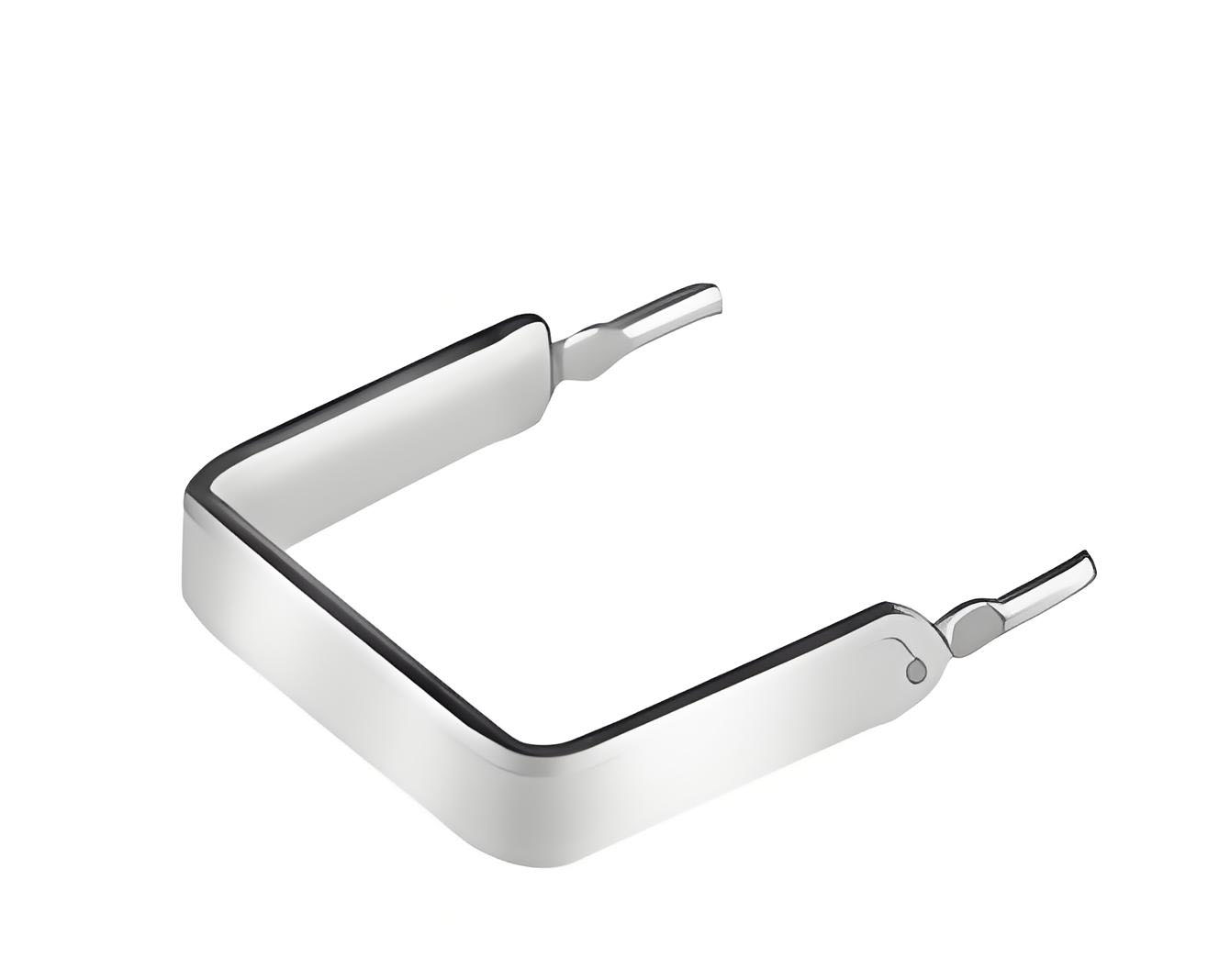
IntroductionIn the realm of electrical engineering and electronics, accurate current sensing is a cornerstone for numerous applications, ranging from power management in sophisticated electronic devic...
-
Exploring Precision Resistor Innovations: Advanced Solutions for High-Stability Applications

IntroductionIn today's rapidly evolving electronics landscape, precision resistor innovations are playing a pivotal role in ensuring performance reliability across high-stability applications. As ...
-
How Alloy Resistors Enable Accurate Current Sensing in Power Electronics
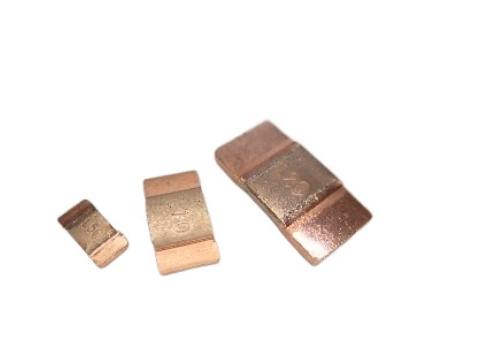
<!-- Introduction -->Precision Current Measurement: The Critical Role of Alloy ResistorsIn power electronics systems, accurate current sensing directly impacts efficiency, safety, and performance. All...
-
Exploring Different Types of Alloy Resistors: Materials, Applications, and Characteristics
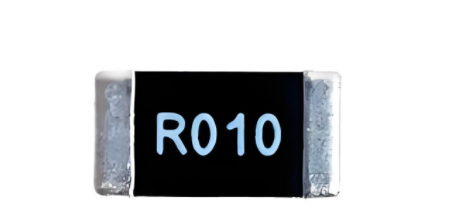
Exploring Different Types of Alloy Resistors: Materials, Applications, and CharacteristicsWelcome to this guide on alloy resistors. In this article, we will explore the different types of alloy resist...
-
Precision Current Sensing Resistors: Enabling Accurate Current Measurement
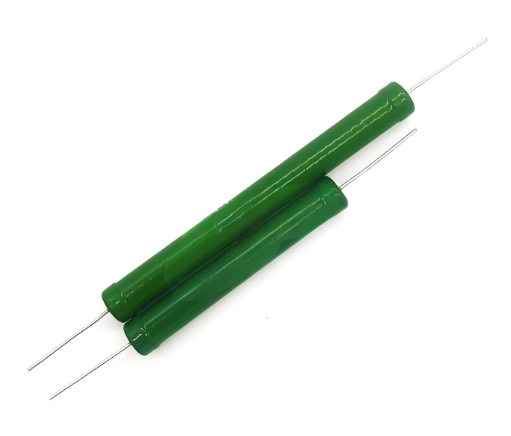
Table of ContentsIntroductionKey Parameters and Performance MetricsApplications in Modern ElectronicsChallenges in High-Current ScenariosInnovative Solutions and Future TrendsIntroductionPrecision cur...
-
Low Resistance Shunt Resistors: High-Precision Current Monitoring for Industrial Applications
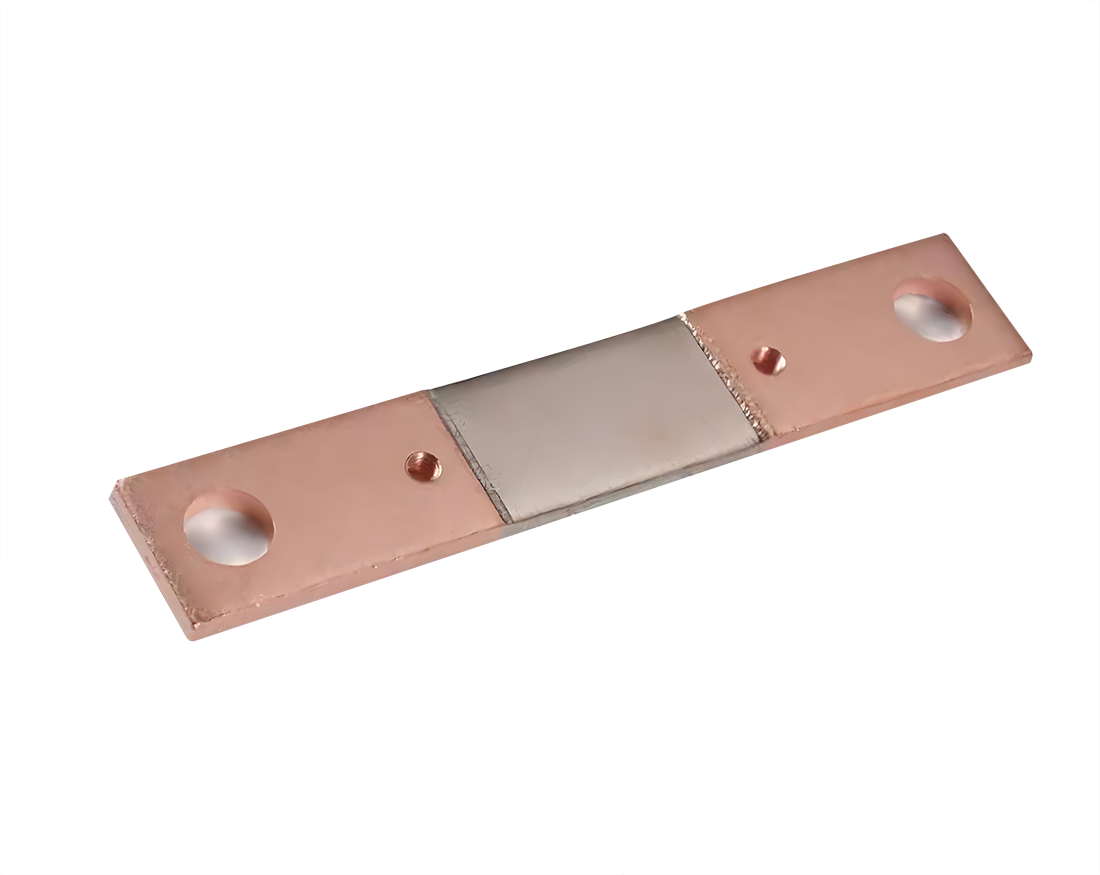
Title: Low Resistance Shunt Resistors: High-Precision Current Monitoring for Industrial ApplicationsIntroductionLow resistance shunt resistors are fundamental components for high-precision current mon...
-
High Current Shunt Resistors for Accurate Current Measurement in EVs, Batteries, and Power Supplies – Selection Guide & Buying Tips
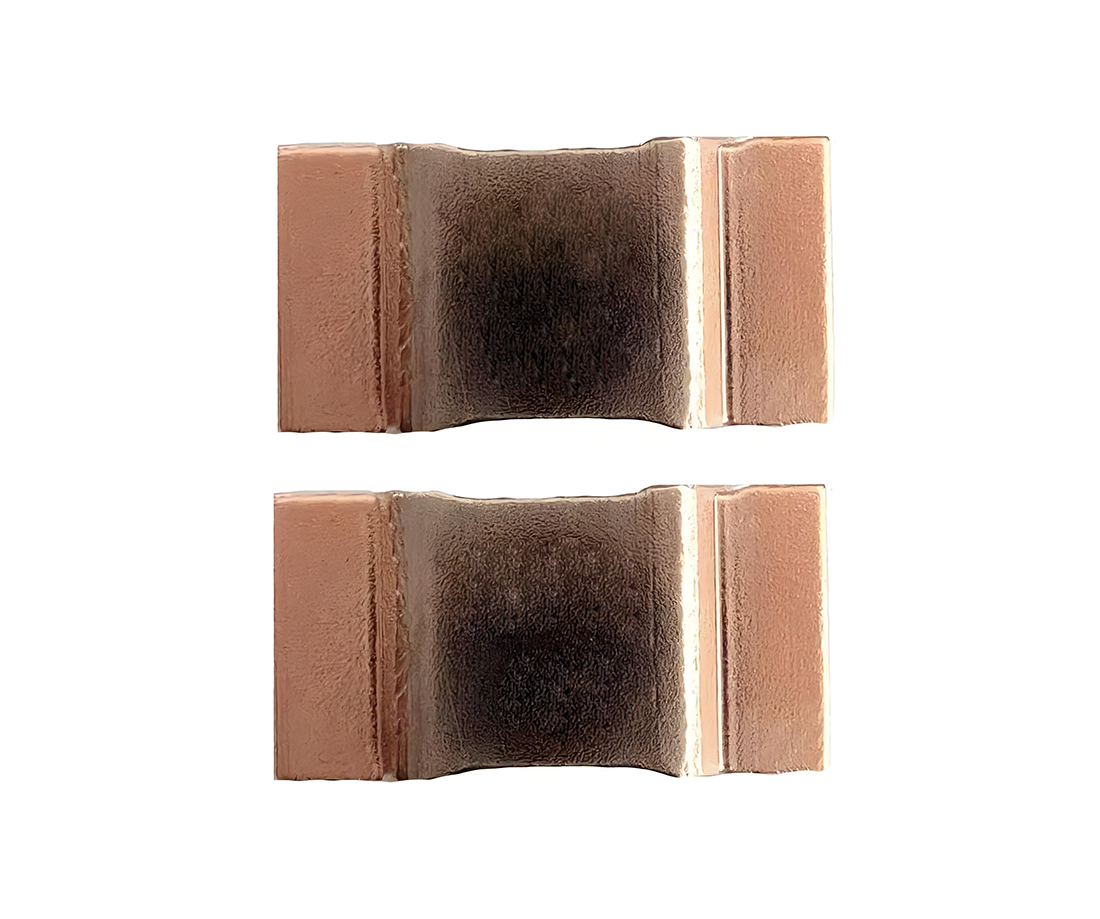
Title: High Current Shunt Resistors for Accurate Current Measurement in EVs, Batteries, and Power Supplies – Selection Guide & Buying TipsIntroductionHigh current shunt resistors are the unsung ...
-
Unlocking the Potential of Milliohm Resistors: Precision Current Sensing and Power Conversion in Modern Telecommunications Infrastructure
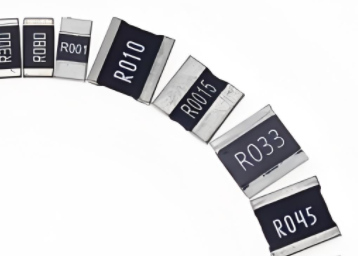
IntroductionIn the rapidly evolving landscape of telecommunications, the need for efficient and reliable power management and signal processing has never been more critical. One often overlooked yet c...
-
Power Shunt Resistors vs. Current Sensors: Which is Best for Your Application
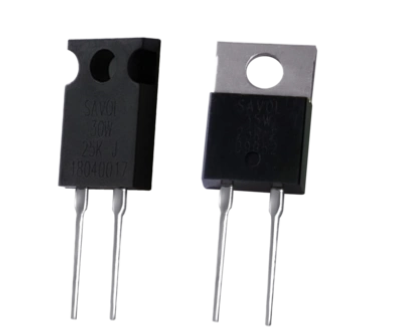
IntroductionWhen designing electronic systems that require current measurement, engineers often face a critical choice: power shunt resistors or current sensors Each solution has distinct advantages d...
-
How to Choose a Milliohm Resistor for High-Accuracy Current Sensing
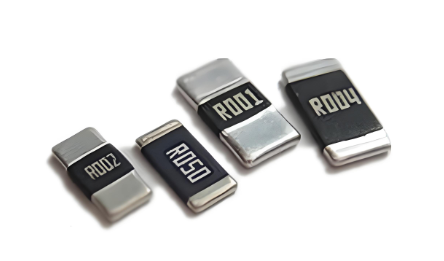
How to Choose a Milliohm Resistor for High-Accuracy Current SensingIn precision current sensing applications - from battery management systems (BMS) to motor control - milliohm shunt resistors play a ...
-
Exploring the Versatile Applications of High Frequency Resistors in Modern Electronics and Beyond
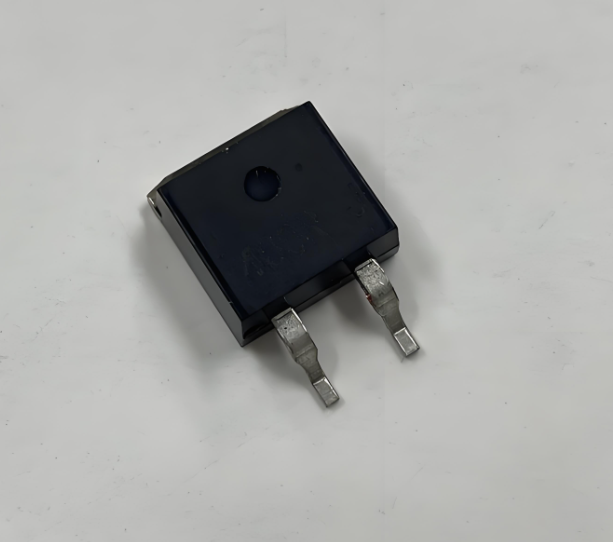
IntroductionIn the realm of modern electronics, the role of high frequency resistors cannot be overstated. As technology advances at a breakneck pace, the demand for components that can handle high fr...
-
Exploring the Benefits and Applications of Surface Mount Lead-Free Resistors in Modern Electronics
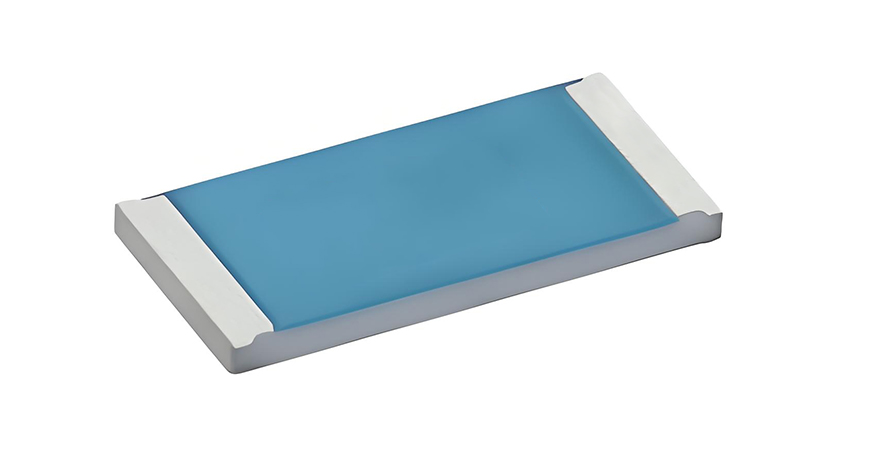
Exploring the Benefits and Applications of Surface Mount Lead-Free Resistors in Modern ElectronicsAs environmental awareness and regulatory requirements grow, lead-free electronics components are beco...
-
Exploring the Diverse Applications of High Voltage Resistors in Power Generation: Key Roles and Advantages
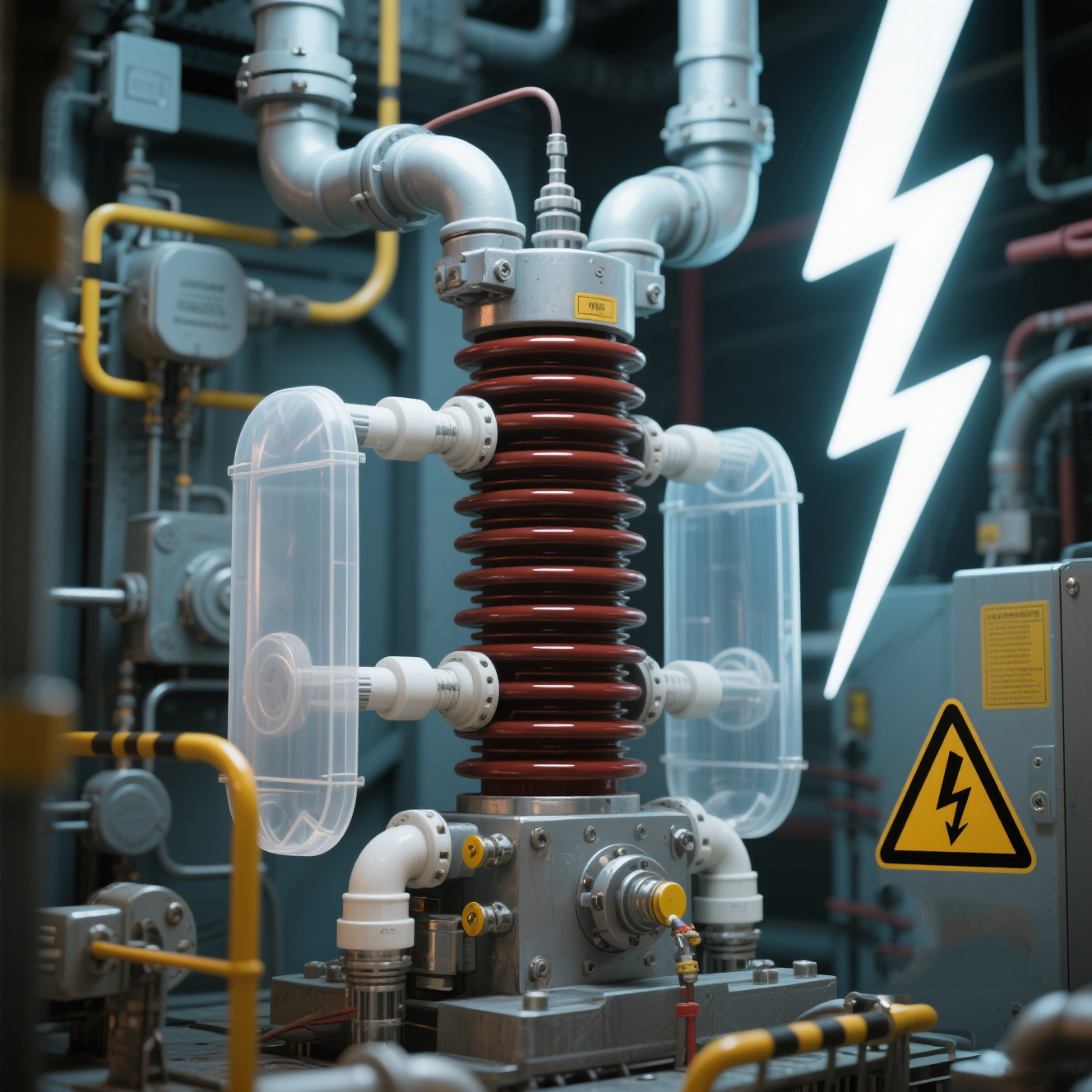
Applications of High Voltage Resistors in Power GenerationIntroductionIn the intricate realm of power generation, high voltage resistors play a crucial role. They are essential components that help in...
-
High Precision Alloy Resistors: Ensuring Long-Term Stability in Precision Circuits

IntroductionIn precision electronics, maintaining circuit stability over time is critical for reliable performance. High precision alloy resistors play a pivotal role in achieving this long-term stabi...
-
High Frequency Resistor up to 40 GHz: Thin Film Solutions for RF Applications
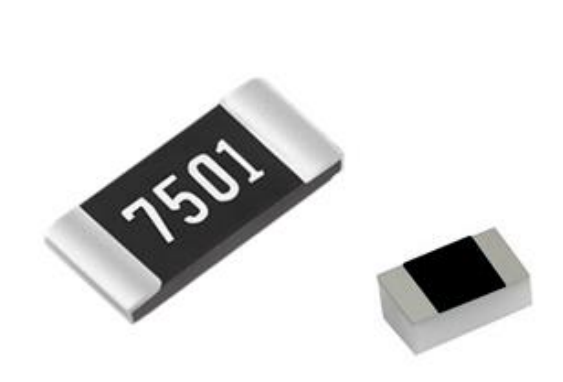
High Frequency Resistor up to 40 GHz: Thin Film Solutions for RF Applications<nav></nav>IntroductionIn the realm of high-frequency electronics, the demand for reliable and efficient components has nev...
-
Power Shunt Resistor Applications: From Industrial Equipment to Renewable Energy and Electric Vehicles

IntroductionPower shunt resistors are essential components in various electrical systems, providing critical functions such as current sensing, voltage division, and power management. Their applicatio...
-
Exploring Alloy Shunt Chip Resistors Type J: High-Precision Solutions for Current Sensing Applications

<!-- Introduction -->IntroductionIn today's high-performance electronics, precision current sensing is critical across a wide range of industries—from power management systems to automotive cont...
Resistor Supplies - Jepsun Tech Corporation
JEPSUN INDUSTRIAL is committed to always being one of our customers' favorite suppliers.
+86755-29796190 +8615920026751 [email protected]
Huangjiazhongxin building Donghuan Road Longhua District SHENZHEN City, GUANGDONG Prov. CHINA 518000
